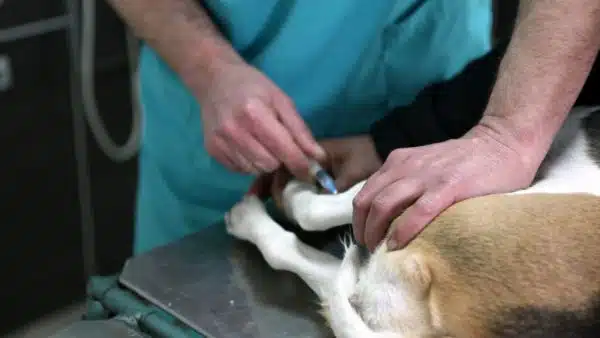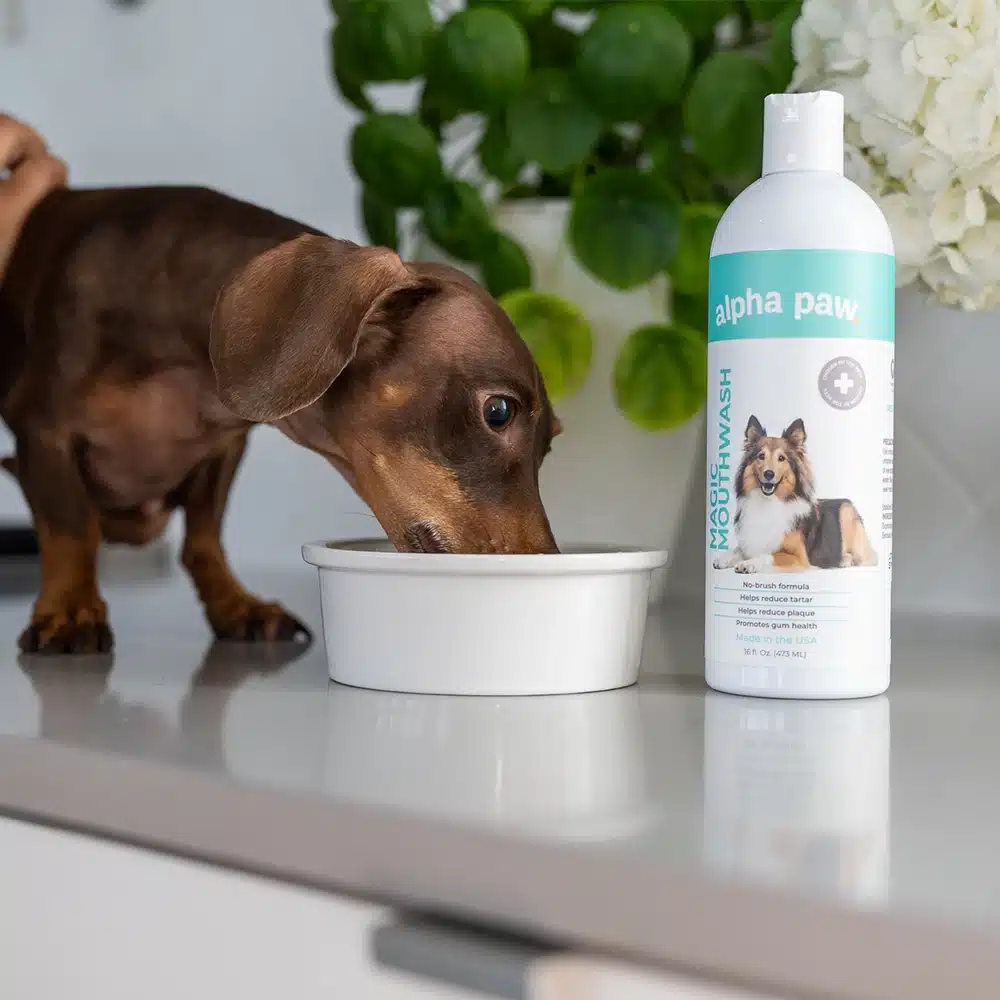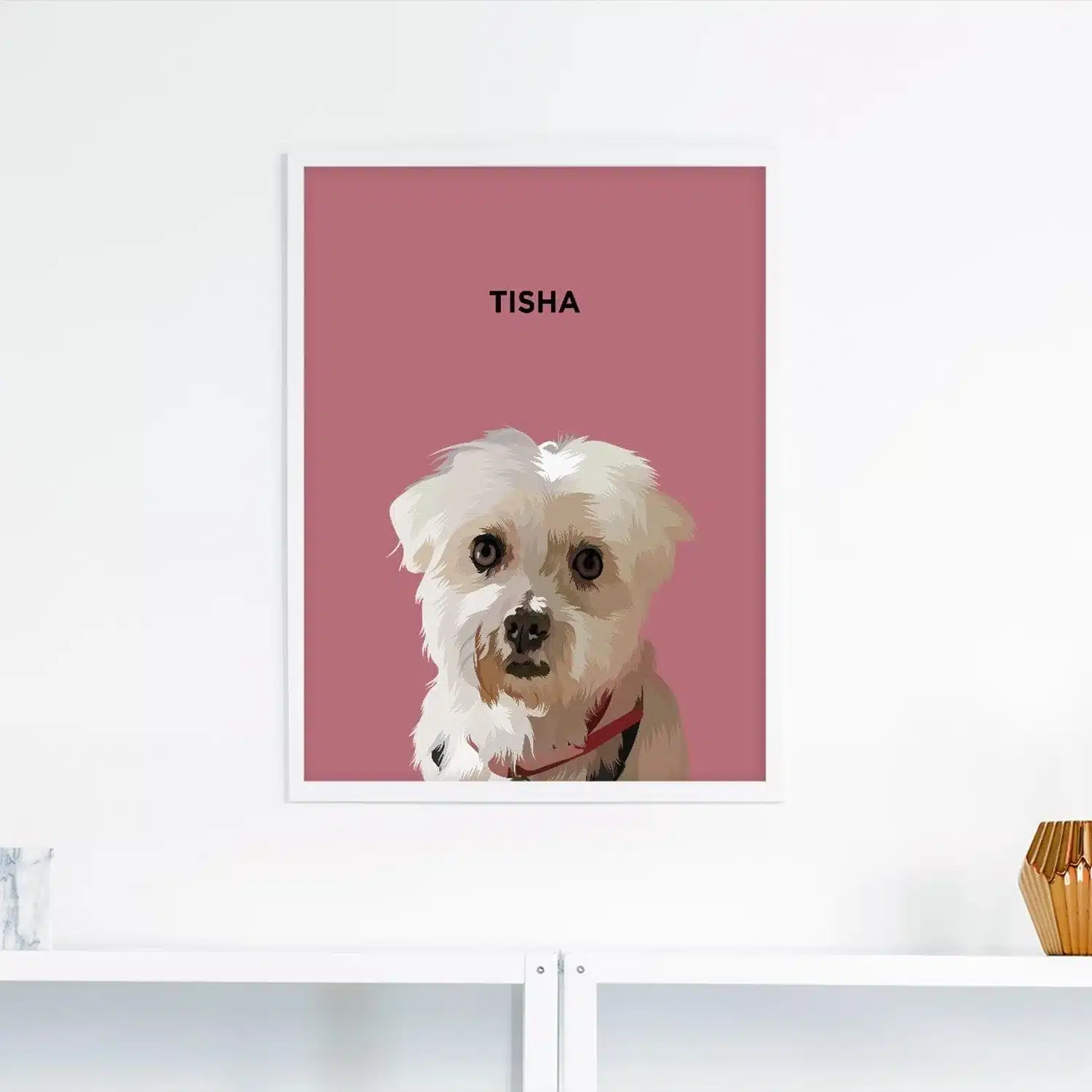Navigating the canine healthcare realm can sometimes feel like you’ve been thrust into a whirlwind of medical terms, cryptic abbreviations, and a wave of decisions to make. We get it! As pet parents, all we want is to ensure our furry family members lead healthy, vibrant lives. One term that might have popped up during your vet visits or while discussing with fellow dog owners is the DAPP or DHPP vaccine. It’s not just another acronym on a long list; it’s a cornerstone of preventive health care for our dogs. Let’s dive deep into what this vaccine is, and why it’s so pivotal for our pooches.
What is the DAPP/DHPP Vaccine?
DAPP or DHPP stands for Distemper, Adenovirus, Parainfluenza, and Parvovirus. It’s a combination vaccine that’s designed to protect dogs from these four major diseases:
- Distemper: A severe and often fatal viral disease that affects the respiratory, gastrointestinal, and central nervous systems.
- Adenovirus: This actually refers to two types. Type 1 causes infectious canine hepatitis, a potentially fatal liver disease. Type 2 is a primary cause of infectious tracheobronchitis or kennel cough.
- Parainfluenza: A major contributor to kennel cough. It’s a contagious respiratory disease but is typically not as severe as some of the other illnesses.
- Parvovirus: A highly contagious viral illness that affects the gastrointestinal tract and can be fatal, especially in puppies.
Why is the DAPP/DHPP Vaccine Important?
The diseases covered by the DAPP/DHPP vaccine can have devastating effects on a dog’s health, and in some cases, can even be fatal. By vaccinating, you provide your dog with the antibodies required to combat these viruses if they ever come into contact with them. This drastically reduces the chances of severe illness and potential complications. Moreover, certain diseases like kennel cough are highly contagious and can easily spread among dogs. Vaccination helps in breaking this cycle of transmission.
When Should Dogs Receive the DAPP/DHPP Vaccine?
Understanding the right timing for the DAPP/DHPP vaccination is key to ensuring your canine companion’s health. Puppies usually receive their initial DAPP/DHPP shot between 6-8 weeks of age. They then continue with a series of boosters every 3-4 weeks until they’re around 16 weeks old.
But why this rigidity in schedule, especially during the puppy stage? Well, puppies are at a higher risk of contracting these diseases due to their developing immune systems. These early shots give them a fighting chance against these potentially devastating illnesses.
After this puppy phase, dogs typically get a booster at one year of age. Post that, the immunity they gain from the vaccine starts playing a crucial role. Boosters are then typically administered every 2 to 3 years throughout a dog’s life, depending on your vet’s recommendation and the specific vaccine formulation used.
Now, you might wonder, as your dog grows older and moves past the vulnerable puppy stage, is the risk of these diseases diminished? The answer is both yes and no. While mature dogs do have stronger immune systems than puppies, they’re not entirely invincible. Certain factors like their overall health, environment, and exposure can influence their risk. Though the chances might be reduced, the consequences of contracting these diseases remain severe. Hence, keeping up with the vaccine schedule, even for adult dogs, is paramount.
Cost and Considerations
According to Lemonade, a pet insurance company, a DAPP or DHPP vaccine on average costs about $25 to $50 per dose, and they recommend that social dogs receive it annually. While this might seem like an added expense, the cost of treating any of the diseases covered by the vaccine can run into thousands of dollars, not to mention the emotional toll of seeing your pet suffer.
Some dogs might experience minor side effects post-vaccination, like soreness at the injection site, mild fever, or decreased appetite. However, these symptoms are typically short-lived and mild. Serious reactions are rare but require immediate veterinary attention.
Conclusion
Taking care of our four-legged family members can sometimes feel like a balancing act with their playful antics on one side and our worries for their well-being on the other. The DAPP/DHPP vaccine is one of those pivotal steps that tips the balance in favor of their health. With just a simple inoculation, we’re defending our furry pals from some severe, even life-threatening, diseases. Remember, as much as our dogs look up to us for treats and belly rubs, they also rely on us for their health. Ensuring they’re up-to-date with vaccinations is an important way of saying, “I’ve got you, buddy.” So, as you cherish those joyful barks and wagging tails, let’s also celebrate the quiet moments of preventive care that keep them vibrant and healthy.











